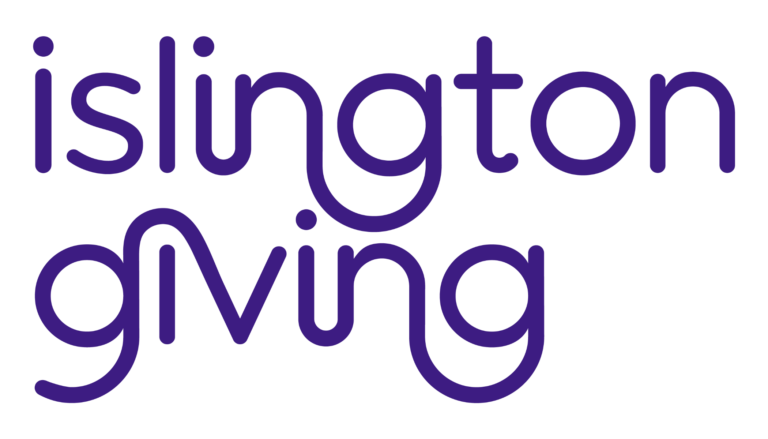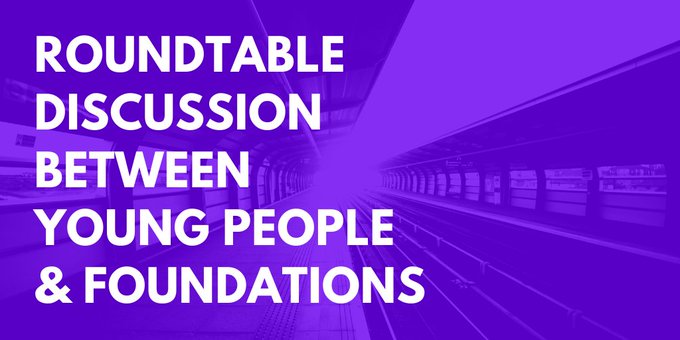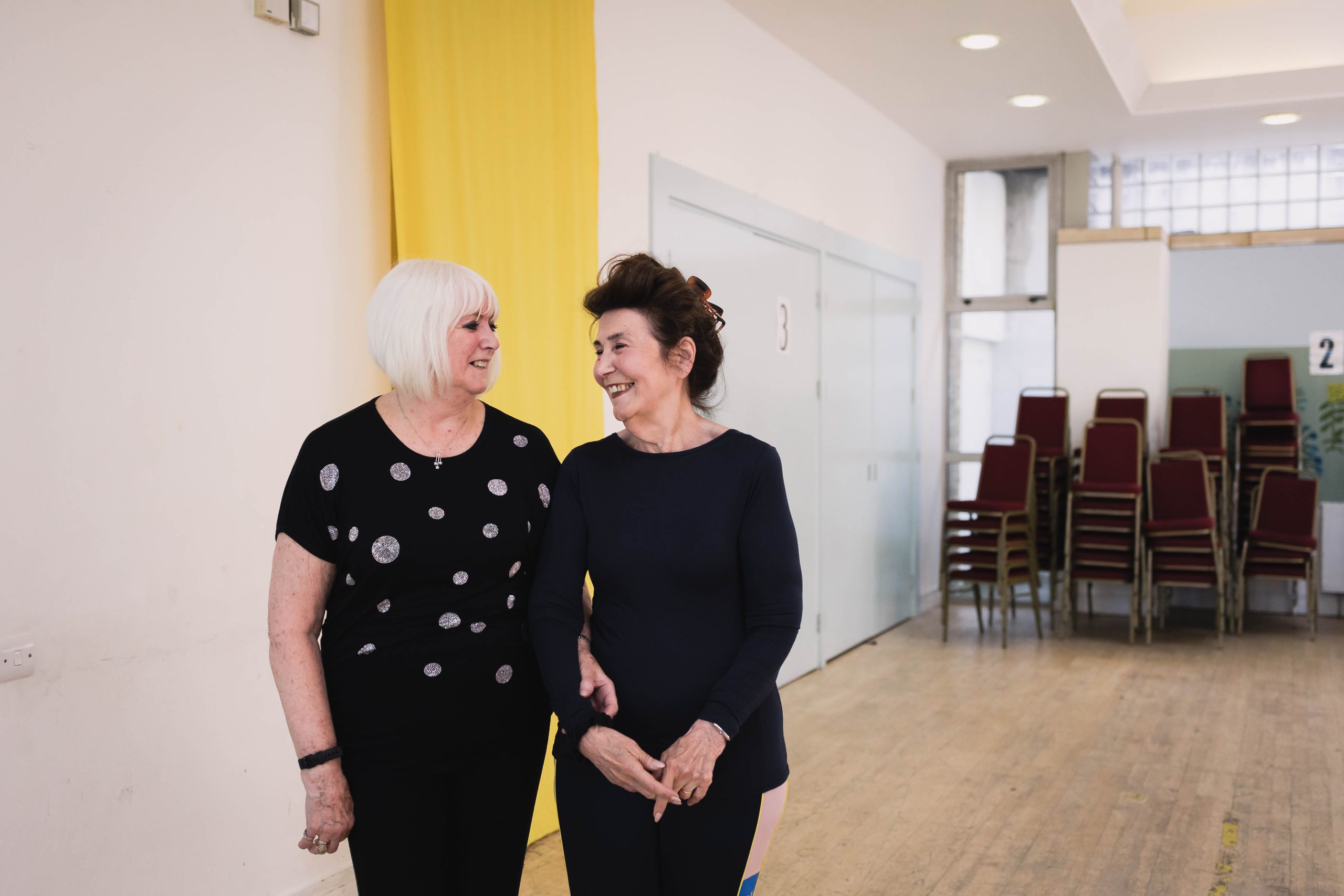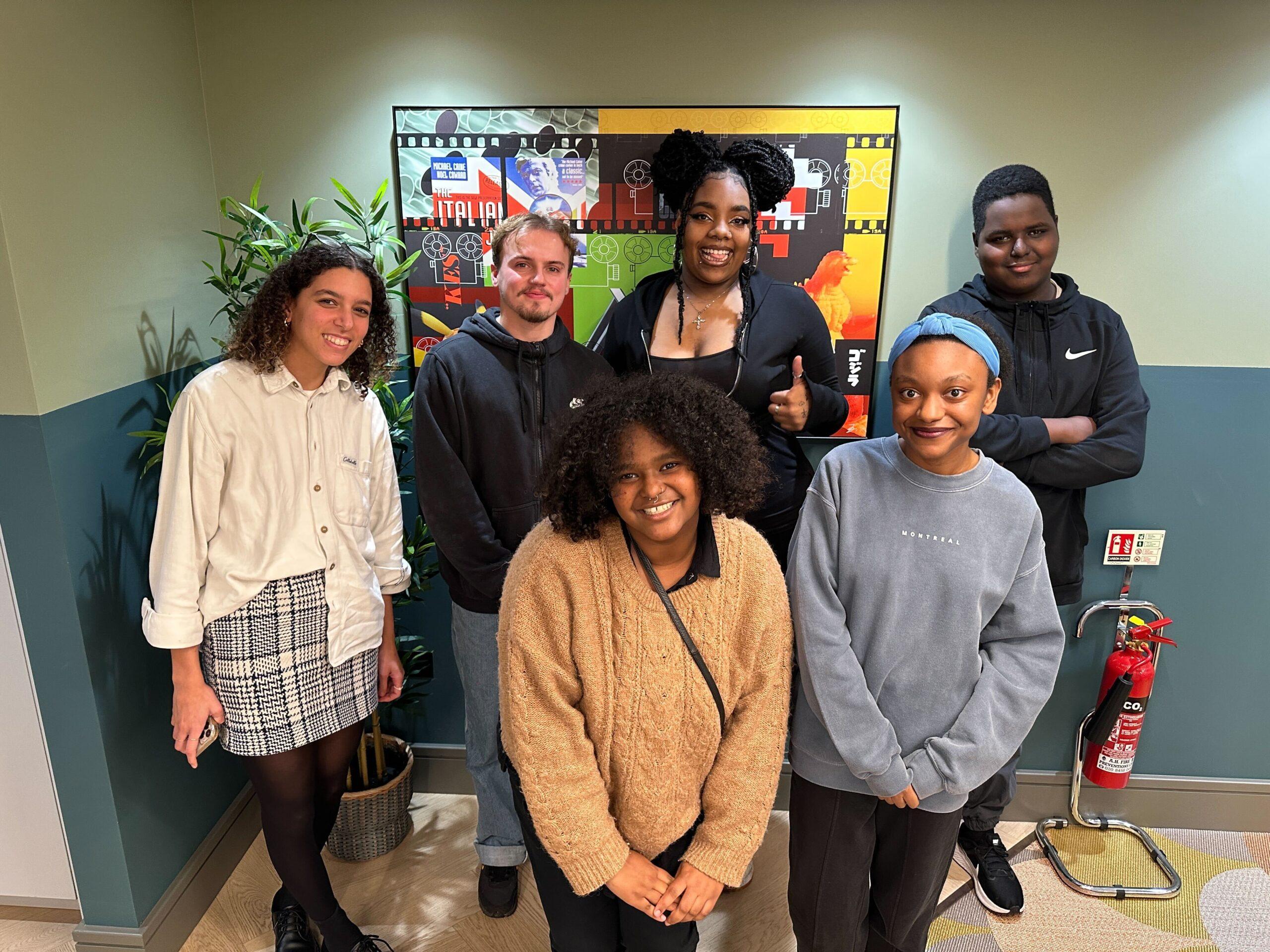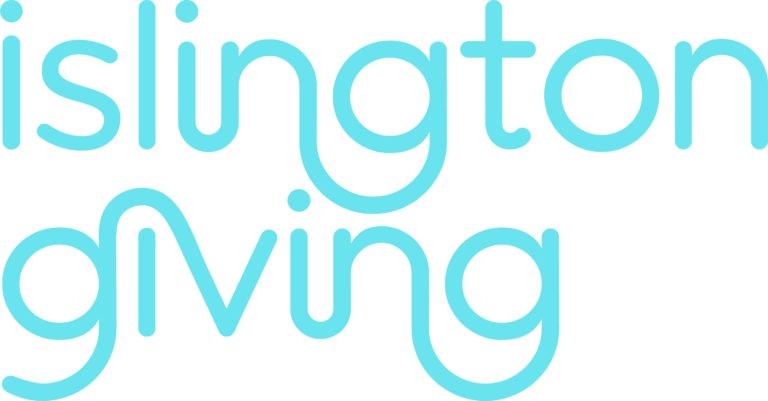The latest meeting of the ACF/ CYP network brought together 15 funders and 13 young people under the age of 27. It provided an informal space for us all to listen, connect and inspire – and break down the ‘them and us’ that can characterise grant making. Helen Kersley, Programme Director at Islington Giving explains more about the session.
Would our funding and ways of working achieve greater impact by listening and to some degree ceding control to young people as experts?
The meeting discussed some key questions: What are your views on life for young today? What issues are you passionate about? In thinking about making the world a better place what do young people bring that older people don’t? What support do young people need to make the changes they see as needed?
And for funders – some clear suggestions:
→ Funders have convening power so they can help create more conversations like this around the country. They can also use their leverage to open doors for young people to speak to people in positions of authority, such as ministers, government officials, other funders.
→ Funders can help address structural barriers in society that affect young people, such as a postcode lottery around access to mental health support, by supporting demonstration projects and advocacy
→ Funders can put money into youth provision and create partnerships that bridge formal and informal systems e.g.: encouraging dialogue between youth clubs and schools.
→ Funders can help develop a good flow of information so that young people can find support or opportunities they need.
→ Funders can support passionate young people directly with money that helps them make things happen.
→ Funders must carefully consider how they can listen and share power and control with young people. Funders can create access for diverse young people to the social impact world by enabling work experience, apprenticeships and board membership in their own and grantee organisations; paying attention to the diversity of staff, committee members and grant panel members is becoming increasingly important.
We discussed three main questions, as outlined below.
What are the main issues affecting young people’s lives today, according to our discussions
1.The effects of social media – young people felt that the negative effects outweigh the positive. Social media can be a support and a way to find out information, connect and make change; BUT it can also be a distraction and creates a lot of pressure around missing out, or unachievable standards and goals, with little space to help young people think critically about the messages being circulated.
2.The uncertainty that young people face – uncertainty may have been a reality for generations of young people, but the quality of it seems different today. Even where young people know what they would like to do they don’t have the means to do it. The effects of austerity and inequality mean that youth support has been cut, and costs are high so that, for example, young people may want to leave home, but can’t.
3.Young people want to feel properly heard, trusted and involved in decisions – those in positions of authority say they care about young people’s views but even if they listen they don’t follow through with real action. Young people may be consulted but it’s still older adults who make final decisions. There is a lack of trust in what young people say or do
What would make a world a better place and what can young people bring to the improvements?
Young people are diverse in their perspectives, circumstances and tastes. Nevertheless, there are common experiences of being young and this context changes across time. So, what do young people today bring to ideas and action for making the world a better place that other don’t? For me, two points stood out:
1.Risk-taking: Young people often have a greater appetite for risk-taking and questioning the way things are done that can be helpful in disrupting settled patterns and trying new things – they want to set new norms.
2.Numbers: Young people can bring big numbers to a movement or cause. If you can gain the attention of one young person then there is a good chance your message will spread. Young people are well-connected to one another, they tell their friends what they’ve seen or heard and they may apply less of a filter too. This means ideas can spread with a greater raw energy because young people will “just say it” and get excited about it.
For the final part of the afternoon everyone came to gather for a whole group discussion on a final question:
What can organisations with money and power do to support young people to create the world they want to live in?
The young people called on those with power, including ministers, to open up and listen; and then to develop a plan of action from what they have heard which eschews one-off or token actions.
The meeting inspired me to highlight the huge latent potential among young people that is not being given the oxygen it needs and deserves. Young people have good ideas to contribute to making the world a better place, and they have the appetite to be brave and try different things, but they lack the power to turn their ideas into action. That is a loss for all of us but it is not too late to start to put it right.
Only 2 weeks until we close our Homeless Catalyst Fund! Make a real difference this winter. Read & Donate now.
